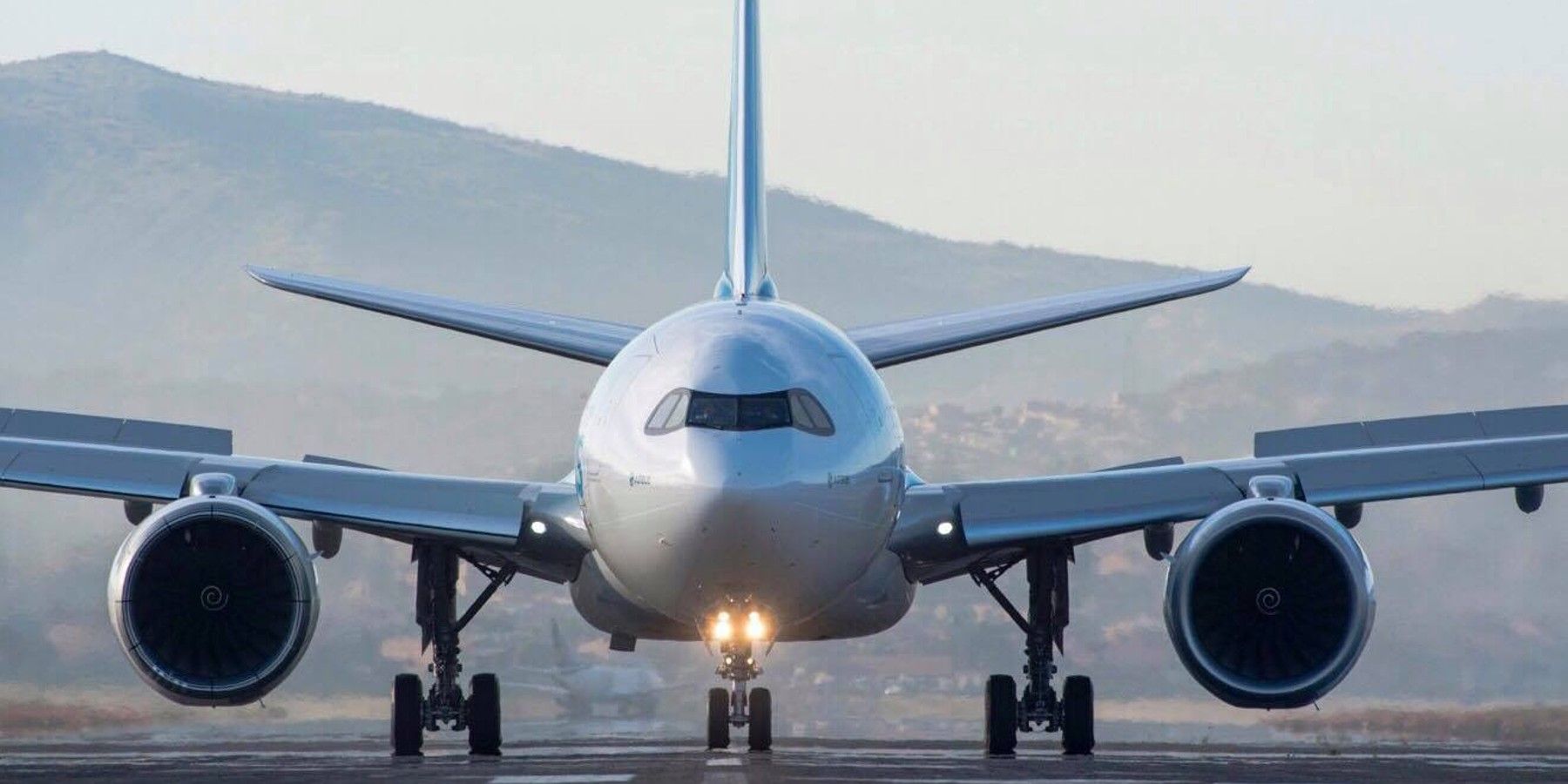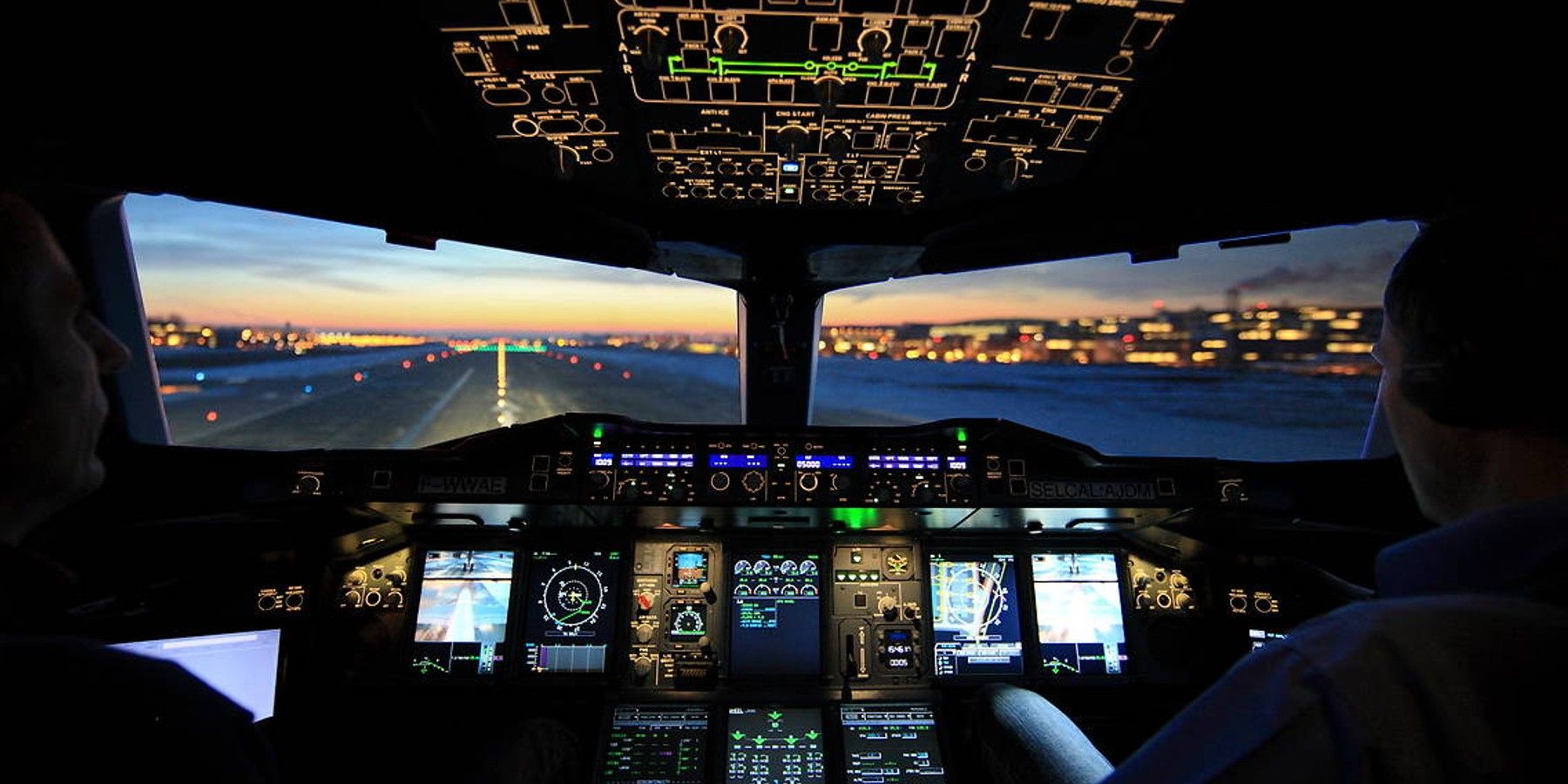Boeing and Airbus have warned that current 5G expansion plans could represent a risk to aviation flight safety and called for the US government to delay deployment. In the US, AT&T, T-Mobile, and Verizon are leading the 5G revolution and a massive 5G rollout is expected nationally in January. The expansion includes installing hundreds of thousands of new antennas throughout the states, some near large and small airports.
Recently, the FAA restricted operations of thousands of airplanes in the US due to 5G safety concerns. The restriction applied to more than 6,300 airplanes and helicopters that use radio altimeters. The FAA has argued that 5G could “jam” the equipment, vital for an automatic landing, flying in low altitudes, under poor visibility, and affect several other automatic flight operations.
Boeing’s Chief Executive Dave Calhoun and Airbus Americas CEO Jeffrey Knittel urged the Biden administration to delay current 5G deployment expansion plans, according to Reuters. In a letter, the top aviation executives suggested that 5G networks could harm aviation safety and cited results from a report by the group Airlines for America (A4A). According to Reuters, the report suggested that as many as "345,000 passenger flights and 5,400 cargo flights would have faced delays, diversions, or cancellations" if the same 5G directive had been in effect in 2019.
How Will The 5G Problem Be Solved?
The big questions that remains is how will the 5G problem be solved and who will pay for the fix? The FAA's recent 5G safety directive called for airplane manufacturers to conduct a revision of their fleets. The revision alone would require more than six thousand hours and cost about half a million dollars. If the aviation industry is ordered to make modifications to fleets or airports then the costs could rise to billions. Long lockdowns and travel restrictions imposed by the pandemic have already caused major financial issues for the sector, and an expensive nationwide modification program could result in a further economic blow for the industry.
The largest pilot union, A4A, the Aerospace Industries Association AIA, and several other large aviation groups previously responded to AT&T and Verizon’s 5G US network proposal by stating it is “inadequate and far too narrow to ensure the safety and economic vitality of the aviation industry”. The union called for modifications to be made by 5G companies and a new proposal to be presented. The group also asked 5G companies to conduct an evaluation of every airport in the country.
For 5G and aviation to safely co-exist, as many believe they can, it seems likely that someone will need to dig deep into their pockets to fix the problem, especially if the safety of millions of passengers, goods, and services traveling through US air-space could be affected by a 5G expansion.
Source: Reuters, FAA, Aviation Coalition


